
How to Clear Your Sinuses Instantly Using Just Your Finger
Sinus pressure driving you crazy? Try this easy method right now.

The adult human body is made up of 50–60% water. This liquid is vital to our health and an essential factor for the body to function properly. But should you drink warm or cold water—which is better for you?
Most of us tend to choose a glass of cold water, especially in hot weather, since it feels refreshing and pleasant. However, in reality, warm water has been proven to offer more health benefits.
When we drink a glass of cold water (7–21°C), perhaps with a little ice, it feels like being “revived” on hot summer days. However, cold water can actually lead to several side effects:
1. It can disrupt digestion
When you drink cold water, your blood vessels contract, which hinders digestion. This may lead to stomach disorders, abdominal pain, and constipation.
The Department of Gastroenterology at Qilu Hospital, Shandong University, China, conducted a study with 60 patients with irritable bowel syndrome (IBS) and 18 healthy individuals. They were tested for digestive and bowel activities, then asked to drink 220 ml of warm water at 37°C or cold water at 4°C, repeated again 20 minutes later. The results showed that rectal sensitivity in IBS patients was a common reaction after drinking 220 ml of cold water.
Moreover, according to the European Journal of Pharmaceutical and Medical Research, drinking cold water during or after meals can make it harder for the body to process fats, leading to fat deposits in the intestines. Cold water at this time also disrupts the absorption of natural minerals from food. Warm water, on the other hand, can improve this condition.
2. Loss of energy
The European Journal of Pharmaceutical and Medical Research also noted that your body uses extra energy to warm cold water up to body temperature, thus consuming part of your energy reserves. This is why drinking iced water is not recommended unless you are exhausted and need a temporary energy boost to finish your daily tasks.
3. Slowed heart rate
Cold water can lower your heart rate because it stimulates the vagus nerve, a key part of the autonomic nervous system. The low temperature acts as a trigger, slowing down the heart rate.
Drinking ice water is common. The Institute of Traditional Medicine, National Yang-Ming University, Taipei, Taiwan, studied heart rate variability (HRV) before and after drinking ice water in healthy individuals to determine possible effects on autonomic regulation.
Participants—visiting the hospital for routine check-ups—were randomly assigned to drink 250 ml of ice water or room-temperature water. There were 28 participants in the room-temperature group and 25 in the ice-water group. Relationships between HRV changes before and after drinking water and clinical data were analyzed.
The results showed that drinking ice water can reduce heart rate in healthy individuals.
Warm or Cold Water: Take Your Pick and See What Happens to Your Body – Image 5
Water is considered warm when it is between 27–41°C. Normally, we don’t often drink plain water at this temperature—opting instead for coffee or tea. However, according to the European Journal of Pharmaceutical and Medical Research, warm water itself has many health benefits:
1. Detoxifies the body
Drinking warm water, especially in the morning, helps flush out toxins and may prevent several diseases. For a stronger effect, add a slice of lemon. Vitamin C revitalizes cells while warm water enhances detoxification.
2. Relieves pain
Warm water has been shown to ease menstrual pain and headaches by improving blood flow and circulation. If you suffer from cramps, warm water also helps relax tightened muscles.
According to Healthline, the heat from warm water has a soothing effect on abdominal muscles, quickly relieving cramps and spasms.
3. Reduces stress levels
Stress can cause dehydration, and dehydration can trigger stress—a vicious cycle. Drinking enough water, especially warm water, can break it. “Stress can trigger dehydration responses like increased heart rate, nausea, fatigue, and headaches. Staying hydrated helps minimize these physiological reactions,” says Trent Nessler, managing director of Baptist Sports Medicine in Nashville.
Just like a warm shower relieves stress, so does a glass of warm water. Try it when you feel tense—it helps the central nervous system function better. Cortisol, one of the stress hormones, rises with dehydration; warm water keeps it under control.
4. Aids weight loss
Water already supports weight loss, but warm water boosts metabolism, enhancing the effect. It raises body temperature, and as your body works to balance this difference, calories are burned.
If you’re dieting, starting your day with a glass of warm water can speed up weight loss. It stimulates metabolism, enabling more calories to burn.
It also helps the digestive system and kidneys work better. Drinking warm water with lemon juice breaks down fat tissue and controls appetite thanks to the pectin fiber in lemons.
5. Improves circulation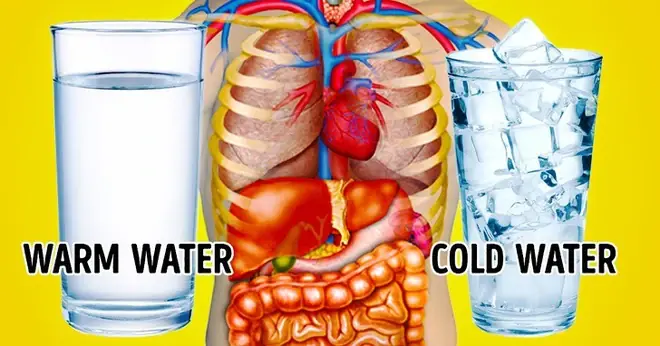
Cold water constricts veins, while warm water promotes free blood flow. Healthy circulation benefits everything—from blood pressure to lowering heart disease risk.
Warm water also helps remove fat deposits and flushes circulating toxins, further improving circulation. As a result, muscles relax more easily.
6. Supports digestion
According to the European Journal of Pharmaceutical and Medical Research, warm water breaks down food in the stomach faster and aids smoother digestion, reducing constipation caused by dehydration.
7. Slows aging
Premature aging is one of women’s biggest concerns. The buildup of toxins in the body accelerates this process. Warm water helps flush toxins out and repair skin cells, improving elasticity.

Sinus pressure driving you crazy? Try this easy method right now.
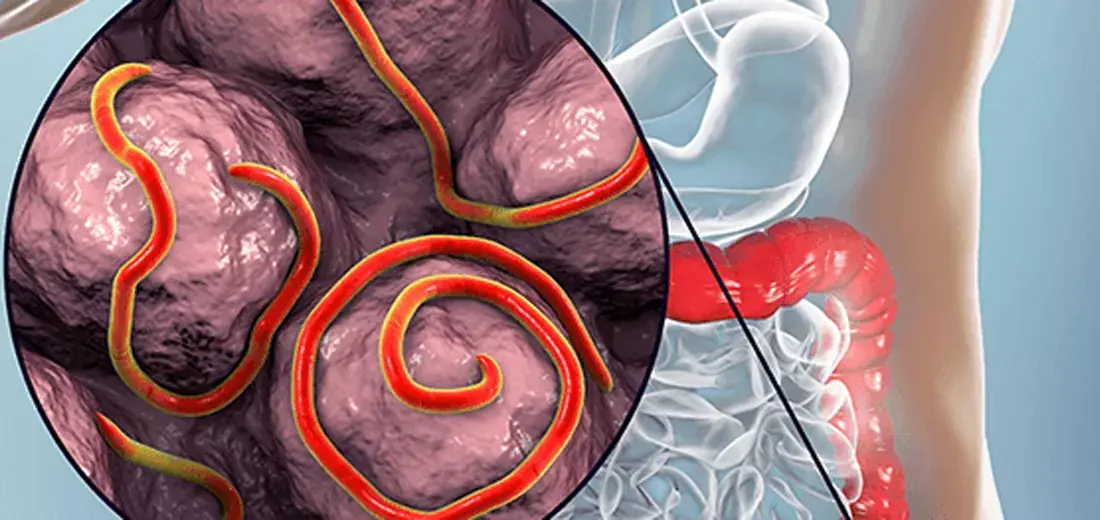
Before you try med.icine, add these 7 foods to your diet.

Carrot juice is a simple way to nourish your skin and support visual health

6 conditions that require caution when consuming eggs

The Surprising First Sign the Body May Give at the End of Life

Don’t ignore this — signs your lump needs urgent medical attention.

A Guide to Foods That Should Not Be Stored in the Refrigerator

Why does eating sometimes trigger the need to use the bathroom?

Are Your Nails Hiding a Health Secret? 3 Signs to Know

What Your Body Might Be Telling You About Bladder Cancer
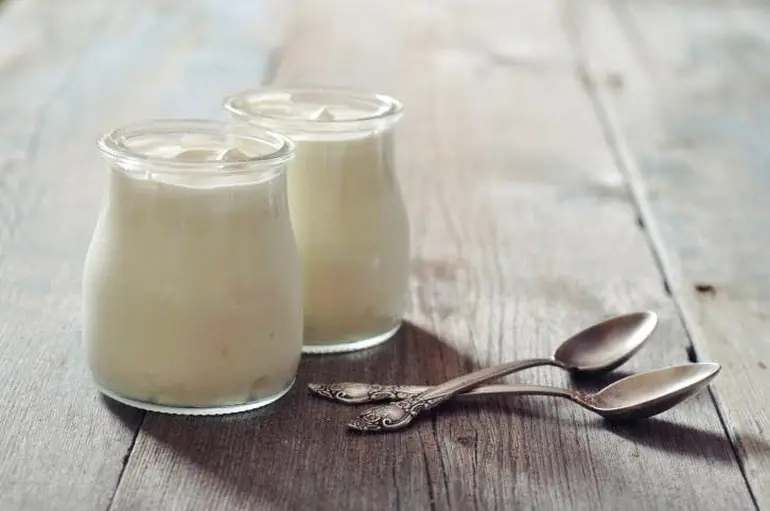
5 yogurt habits you might not know can impact your health

Even healthy foods can pose risks when overconsumed.

The health advantages and home remedies associated with Japanese honeysuckle

Why These 8 Foods Can Become Unsafe Despite Being in the Fridge

As a doctor, I beg you, never eat this nut. It can cause dementia

The Hidden Meaning Behind 5 Unusual Bowel Symptoms
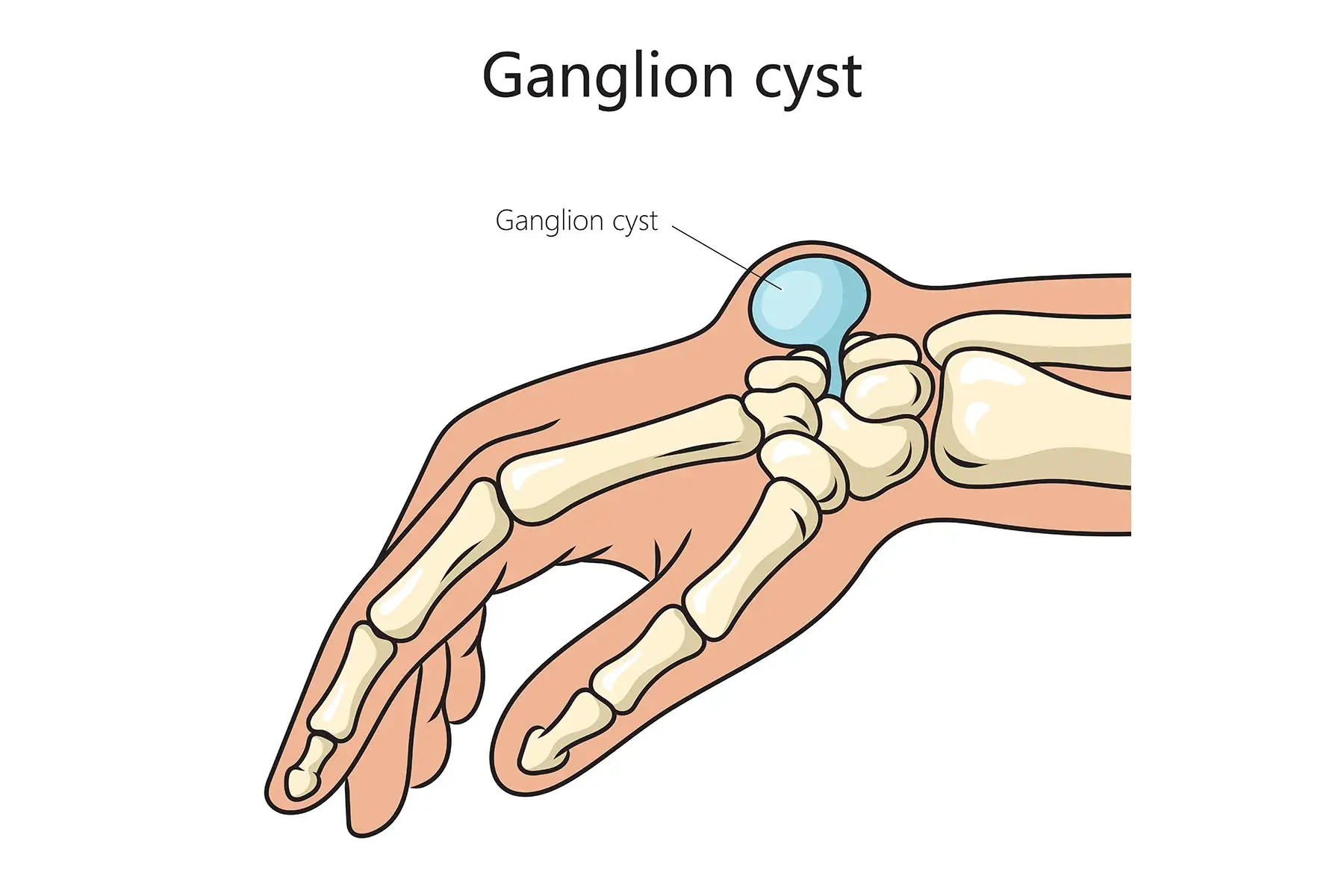
When a Wrist Lump May Signal a Serious Underlying Condition
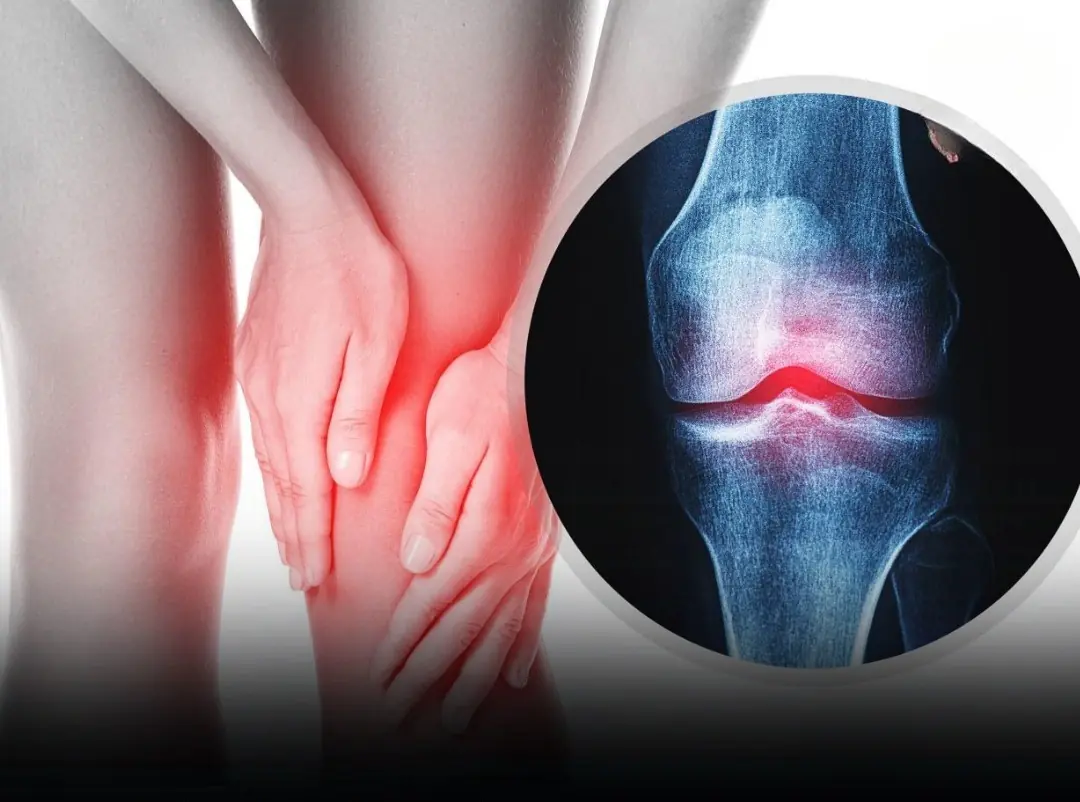
These 6 Common Foods Slowly Strip Your Body of Calcium — Stop Eating Them Before Your Bones Suffer!
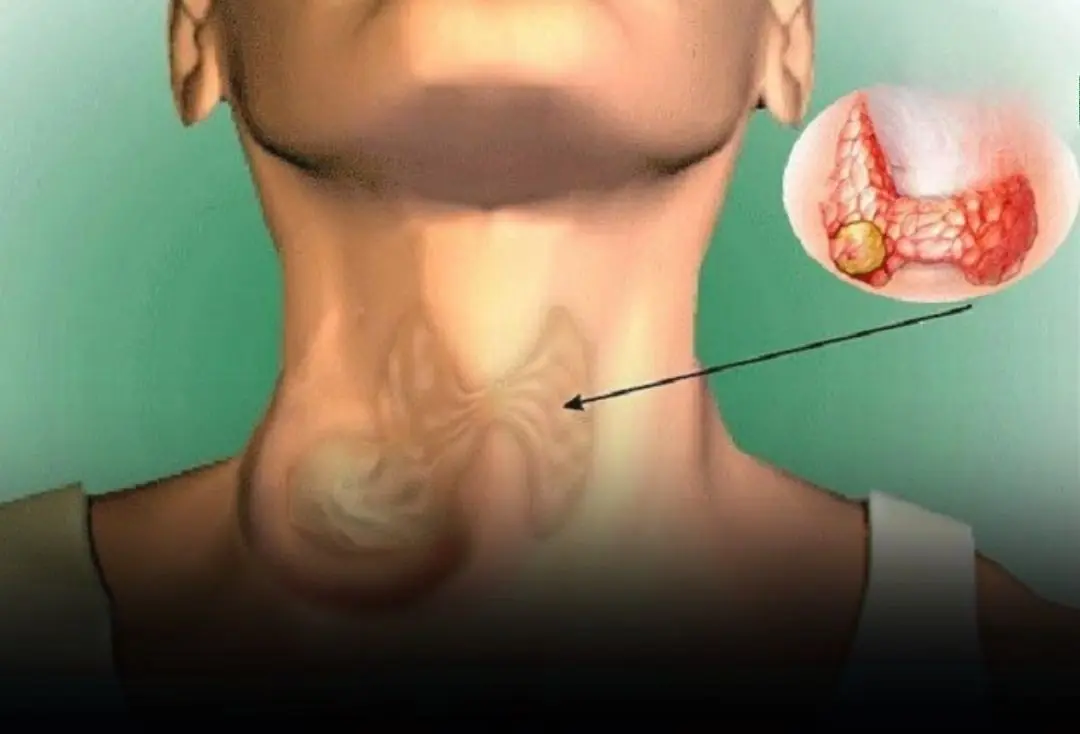
These 2 Supplements Might Be Accelerating Thyroid Canc.er Without You Knowing

8 Key Signs That Signal a Potential Problem

Stop boiling chicken with just salt and water.

How to fix moldy, peeling, and flaking wall paint.

Sinus pressure driving you crazy? Try this easy method right now.

Before you try med.icine, add these 7 foods to your diet.

What men are really attracted to — and it’s not what you think. 👀

Most people use vinegar wrong — here’s how to do it right for laundry!

Carrot juice is a simple way to nourish your skin and support visual health

6 conditions that require caution when consuming eggs

The Surprising First Sign the Body May Give at the End of Life

Don’t ignore this — signs your lump needs urgent medical attention.

A Guide to Foods That Should Not Be Stored in the Refrigerator

Why does eating sometimes trigger the need to use the bathroom?

Are Your Nails Hiding a Health Secret? 3 Signs to Know

What Your Body Might Be Telling You About Bladder Cancer

5 yogurt habits you might not know can impact your health

Even healthy foods can pose risks when overconsumed.

The health advantages and home remedies associated with Japanese honeysuckle

Why These 8 Foods Can Become Unsafe Despite Being in the Fridge

As a doctor, I beg you, never eat this nut. It can cause dementia

4 useful benefits of placing an onion in a room corner